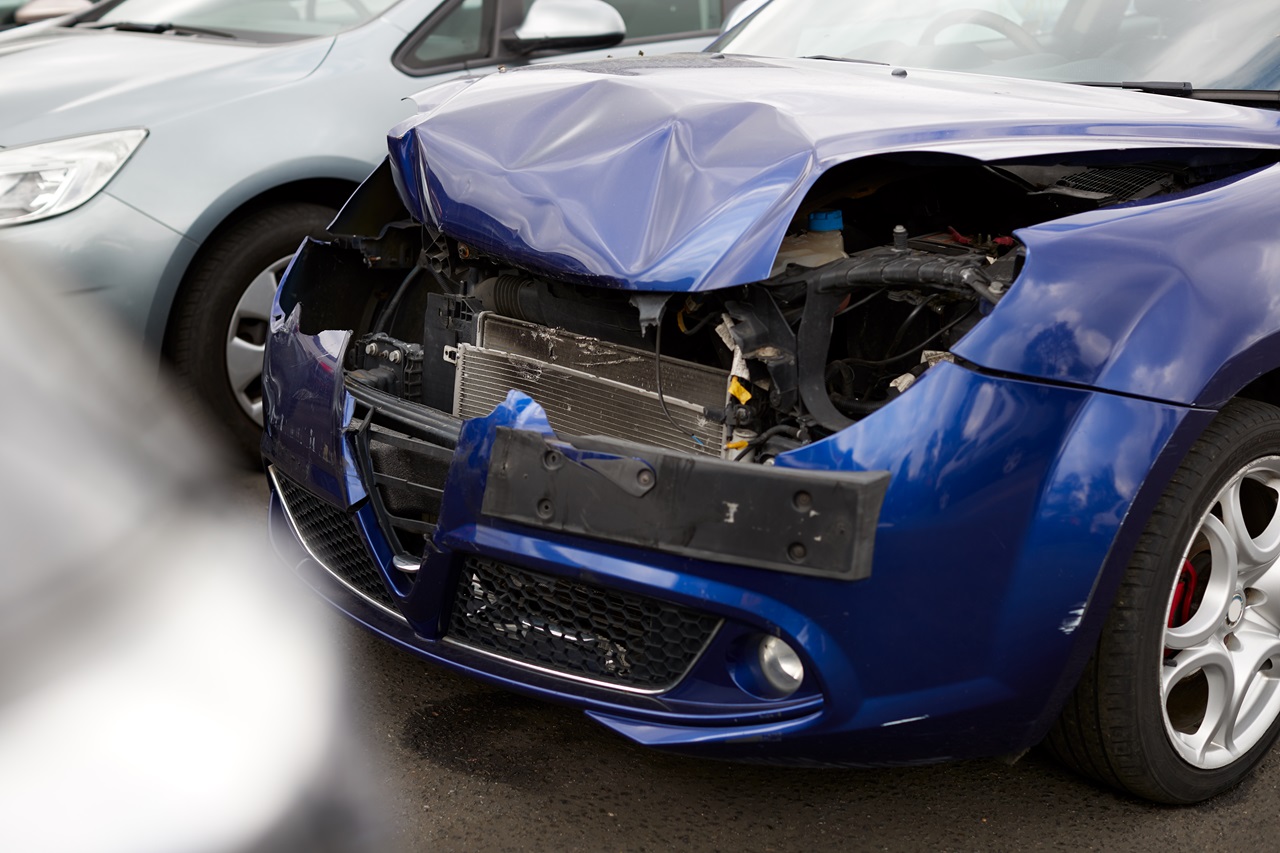
Car accident cases often involve multiple parties, complex situations, and diverse factors that contribute to the determining of fault and liability. In many instances, multiple drivers share responsibility for the accident to some extent, making the process of assigning fault and securing compensation more complicated. Enter the concept of comparative negligence – a legal principle that plays a critical role in the allocation of compensation in car accident cases when more than one party is deemed at fault.
Comparative negligence, also known as comparative fault, refers to the practice of apportioning responsibility for an accident among the involved parties in proportion to their degree of culpability. This concept allows injured parties to recover compensation even if they are partially responsible for the accident, albeit with reductions relative to their level of fault.
In this comprehensive guide, we will delve into the intricacies of comparative negligence and how it affects car accident claims. We will discuss the various types of comparative negligence systems implemented across different states, the process of determining fault percentages, and how those percentages impact the amount of compensation awarded.
Additionally, we will highlight the importance of partnering with a skilled personal injury attorney to navigate the complex legal landscape of comparative negligence and maximize the compensation you deserve even when you are found to be partially at fault.
1. Types of Comparative Negligence Systems
Comparative negligence systems vary across different states, with each jurisdiction adopting one of the following approaches when apportioning fault in car accident cases:
– Pure Comparative Negligence: Under this system, an injured party can seek compensation from other at-fault parties, regardless of their percentage of fault, with the award amount reduced by their own share of responsibility. For instance, if you are found to be 70% responsible for the accident, you can still recover 30% of your damages from the other party.
– Modified Comparative Negligence (50% Rule): In states following this model, you can recover compensation if your degree of fault is less than or equal to 50%. However, if you are found to be more than 50% at fault, you are not entitled to recover damages from other parties.
– Modified Comparative Negligence (51% Rule): Under this approach, you can seek compensation as long as your level of fault is less than 51%. If you are deemed to be 51% or more responsible for the accident, you cannot recover damages.
Understanding the comparative negligence system applicable in your state is crucial to ascertain your eligibility for compensation and the potential impact of your own fault on the amount awarded.
2. Determining Fault Percentages
The process of determining fault percentages in car accident claims typically involves a thorough investigation conducted by various parties, including law enforcement, insurance companies, and legal representatives. This investigation may involve analyzing the accident scene, examining vehicle damage, reviewing police reports, studying accident reconstruction findings, and consulting expert witnesses. Based on the evidence gathered, fault percentages will be assigned to each party involved in the accident.
In some cases, insurance adjusters may attempt to assign a higher degree of fault to you in order to reduce their payout. Consulting with an experienced attorney can help you challenge such attempts and ensure that the fault percentages assigned are fair and accurate.
3. Impact of Comparative Negligence on Compensation
The comparative negligence system directly affects the amount of compensation an injured party can recover in a car accident claim. Once fault percentages are assigned, each party’s compensation will be reduced in proportion to their respective share of responsibility. For example, if you are found to be 30% at fault and your total damages are $100,000, you would be entitled to receive $70,000 in compensation.
It is important to note that in some states, your ability to recover compensation may be forfeited or significantly reduced if your degree of fault is above a certain threshold, as outlined in the modified comparative negligence systems discussed earlier.
4. The Importance of Legal Representation in Comparative Negligence Cases
Seeking the assistance of a knowledgeable personal injury attorney is crucial in car accident cases involving comparative negligence for the following reasons:
– Navigating complex legal systems: A skilled attorney will help you comprehend the specific comparative negligence system employed in your state and guide you through the legal process accordingly.
– Challenging fault determinations: Your attorney will scrutinize the evidence and fault percentages assigned by insurance adjusters, ensuring that you are not unfairly held responsible for a greater share of fault than warranted.
– Maximizing compensation: By leveraging their expertise and resources, your attorney will vigorously pursue the maximum compensation available to you, even when you are partially at fault for the accident.
Final Thoughts
Navigating the complex legal terrain of comparative negligence in car accident claims can be a daunting task. By understanding the intricacies of the different comparative negligence systems, determining fault percentages, and the impact of comparative negligence on the compensation awarded, you are better equipped to protect your rights and interests.
Partnering with a skilled personal injury attorney is crucial in ensuring a favorable outcome and securing the compensation you rightfully deserve, even when you are partially at fault.
Our personal injury attorney referral service at Car Accident Help is here to connect you with experienced legal professionals who are well-versed in handling car accident claims involving comparative negligence. Reach out to us today to learn more about how our attorney referral service can help you successfully tackle the complexities of comparative negligence, maximize your compensation, and regain control of your life after a car accident.